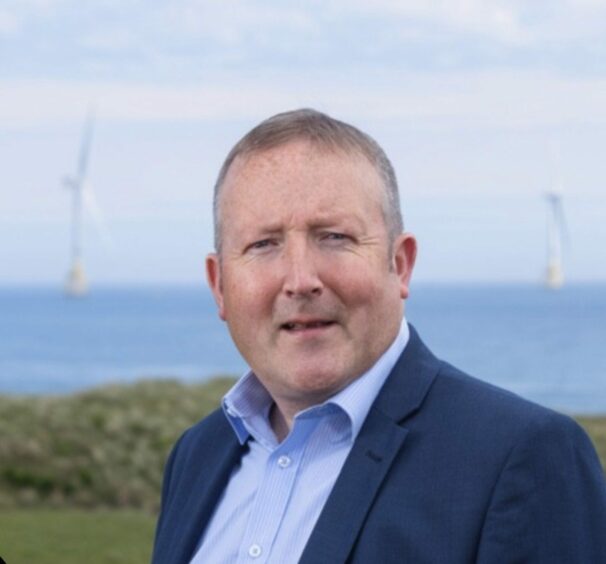
At the start of August I had the pleasure of attending with my teenage sons the UCI Cycling World Championship Mountain Bike event at Nevis Range near Fort William.
Amid a stunning highland backdrop we were absorbed by the skill and dedication from the world class cyclists and their teams, as they confronted the challenges and obstacles presented by a downhill track that allowed very small margins of error. There were indeed spectacular jumps and crashes and dramatic moments at every turn!
In the technical areas we saw the the attention to detail and data on each performing attribute of the bikes, down to 3d printed components, along with the team efforts to maximise the capability of the bikes and the individual performances of the cyclists.
The participants faced both variable Scottish weather conditions and the actual track condition. Watching the event unfold it struck me that many of the inspirational attributes, behaviours and actions seen at Nevis range were relevant to the energy transition ahead.
This transition will challenge societies, governments and industries to work together and to face challenges and reach common goals. It will not be a straightforward path and there will be a need to build commitment and consensus from the public on the urgent need to plan and execute lower carbon power systems for everyday life and transport, and a transparently sustainable future.
I have said before that I do not believe the energy transition will be linear, and different locations in the UK and across the globe with very different energy credentials will make progress over different timelines – ultimately arriving at a diverse energy mix.
Long term challenges of grid connection and capacity, investment and, at times, a wavering commitment to net zero create a complex landscape from which to move forward.
In this world of political flux there is also a pressing need to future proof policies and strategies that will deliver, at scale, new energy technologies and net zero over the longer term.
Scotland of course has a great track record so far in the deployment of renewables on and offshore – not least in the whole area of people, skills and innovation. The country can only build on this reputation and capability for the benefit of the planet and the journey ahead.
Traditional industries working with new entrants and new technologies speaks to a convergent supply chain – companies working across different forms of energy but with common objectives to lower emissions and deliver new energy solutions. New information technology, AI and visualisation can really help us to track the actual progress being made in transition.
Governments of the world could subscribe to something akin to a global transition index to show the positive impacts of change, but also to identify the countries who would benefit from support/collaboration.
The public will need to be kept on board with physical and online information centres, so they can understand the progress of transition and the impact of activities and projects close to them, and also so that they can see ways where they can also contribute.
That interconnection between all of our activities and emissions on this planet, and the future availability of that vital nexus of water, food and energy for generations to come, has never really been more important and at the end of the day we all have the chance to be champions of the world.
David Rodger has worked in Aberdeen for close to 40 years supporting both the oil and gas and fast developing renewable energy industries. As a commentator he also maintains a close interest in emerging technologies and the broader energy future ahead.
Recommended for you

 © Supplied by AREG
© Supplied by AREG